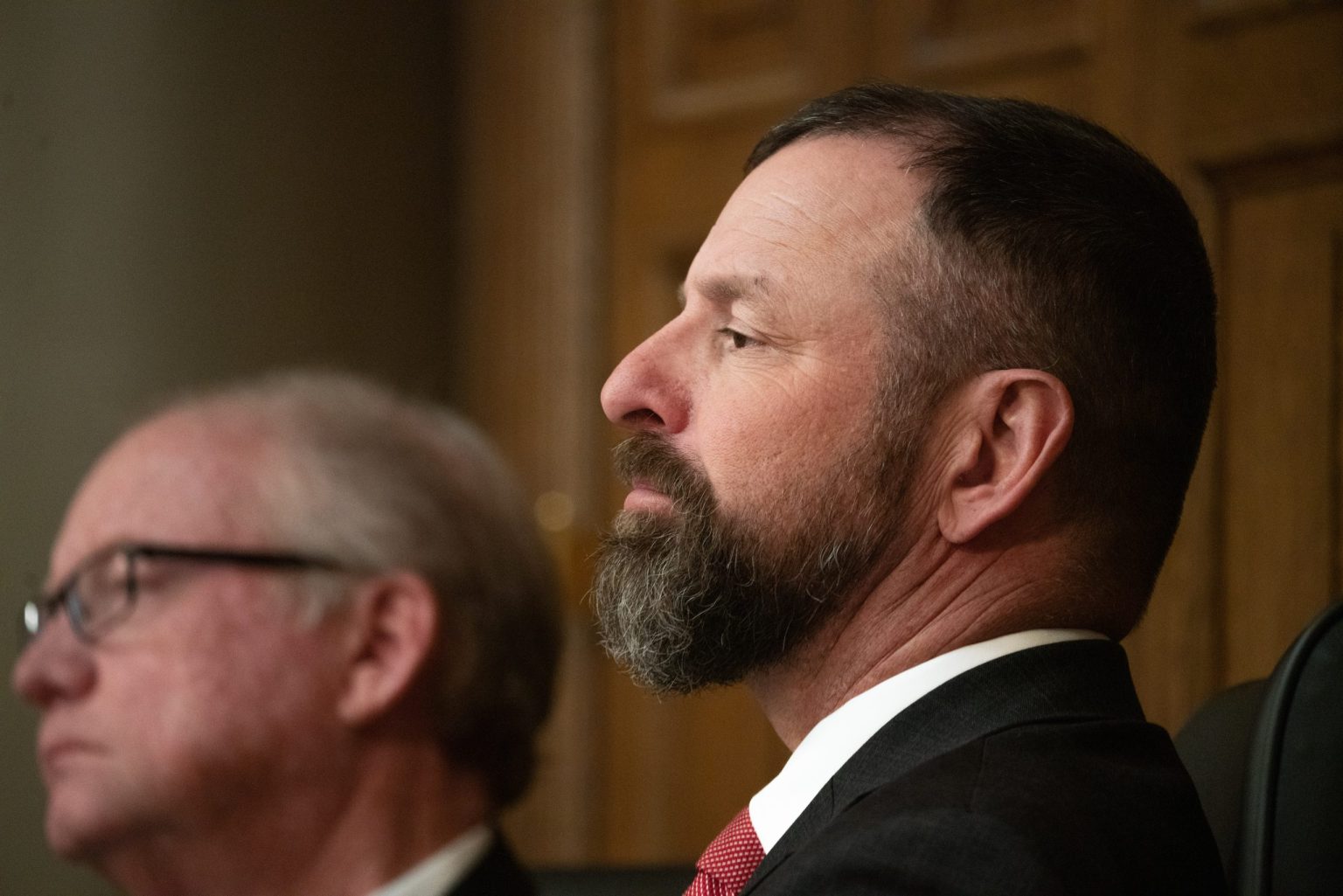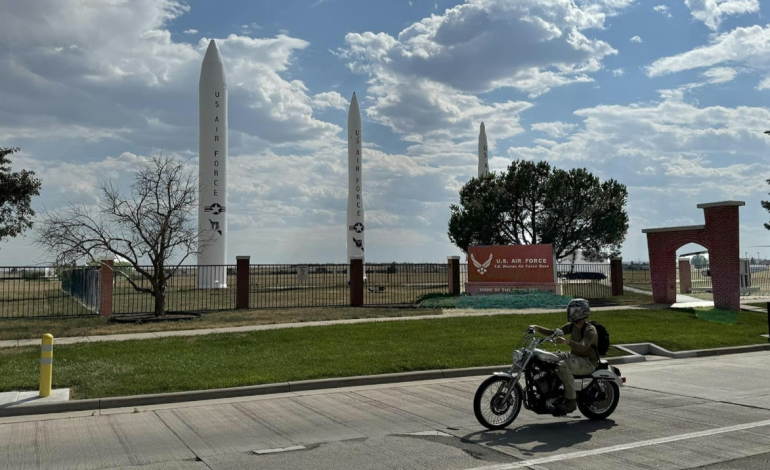The US Air Force is about to go nuclear — and Wyoming might be where the power starts.
A California-based startup called Radiant just inked a first-of-its-kind deal with the US military to mass-produce portable nuclear microreactors that could power Air Force bases all over the world. And if the company has its way, they’ll be built right here in Natrona County, Wyoming.
Right now, most Air Force bases — both at home and abroad — rely on traditional electrical grids or backup diesel generators. But those systems are vulnerable to blackouts, cyberattacks, and fuel supply issues, especially in forward operating zones where getting diesel means sending convoys through dangerous territory.
According to Radiant’s Dylan Enright, nuclear microreactors could eliminate all of that.
“You just bring the reactor, turn it on, and it runs for five years straight. No daily diesel deliveries. No blackout risks,” he said.
In fact, the military estimates that up to 20% of US casualties in Iraq and Afghanistan came from attacks on fuel convoys — a stat that has driven serious interest in alternative energy sources for years.
Now, with this new contract through the Defense Innovation Unit and Department of the Air Force, things are finally happening. The reactors — dubbed Kaleidos — are set to be delivered in 2028 under the Advanced Nuclear Power for Installations program.
Radiant hopes this contract gives new momentum to its proposed manufacturing facility in Casper, where it wants to build the reactors and eventually refuel them onsite after their multi-year run.
“This is a huge opportunity for Wyoming,” said Radiant spokesman Ray Wert. “We’d love to stamp a big blue ‘Made in Wyoming’ on every one of these things.”
But not everyone’s sold. Some Natrona County residents and lawmakers have raised concerns about nuclear waste and the company’s plan to bring spent fuel back to Wyoming. The Wyoming Legislature’s Joint Minerals Committee is considering legislation that would regulate temporary high-level nuclear waste storage in the state.
Wert says the company plans to spend more time listening to the community and answering questions.
“We’re going to take the time to educate and be transparent,” he said.
This move by the Air Force is part of a broader shift toward energy independence and resiliency — especially in a world where natural disasters, cyberattacks, and geopolitics can shut down power in a heartbeat.
The military hasn’t said which bases will get the first reactors or how much they’ll cost, but hinted they’ll be used at critical installations — possibly including missile defense and command centers.
Meanwhile, Radiant’s reactor will undergo testing at the Idaho National Laboratory’s DOME facility in 2026, marking the first new US reactor design tested there in nearly 50 years.
The push comes on the heels of a Trump-era executive order demanding nuclear energy solutions for the Department of Defense by 2028.
“This is the first real contract to make that order a reality,” said Enright.
Radiant’s not alone. Another company, Oklo Inc., is planning to bring a similar reactor project to Eielson Air Force Base in Alaska. The competition shows just how serious the Pentagon is about making microreactors a key part of future defense strategy.
But for Radiant, and maybe for Wyoming, this could be a big chance to play a central role in powering the US military — one tiny reactor at a time.
The original story by David Madison for Cowboy State Daily.










The latest news in your social feeds
Subscribe to our social media platforms to stay tuned